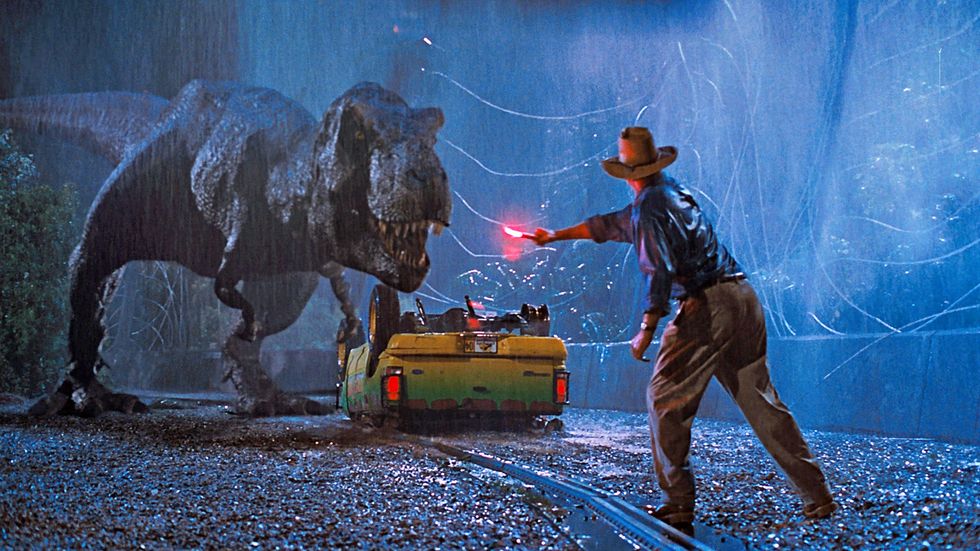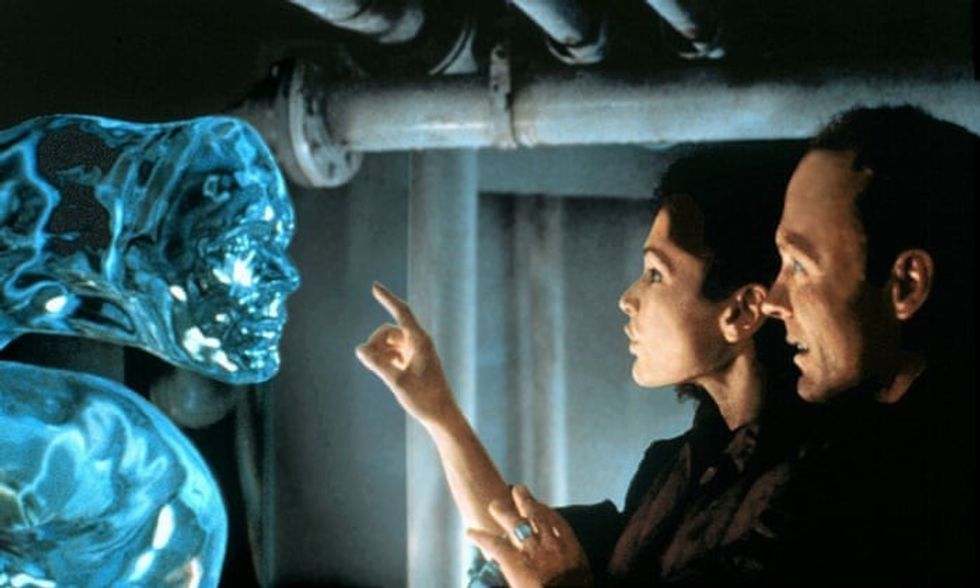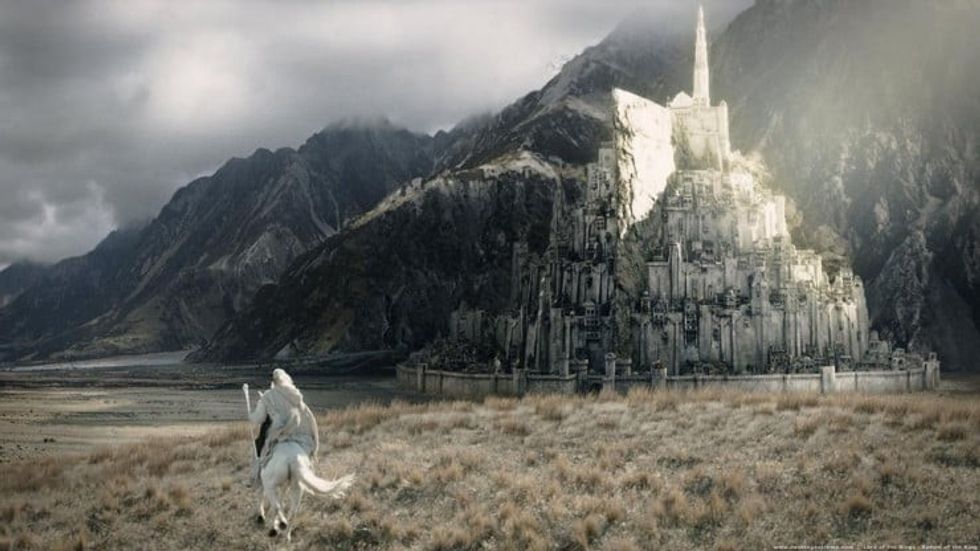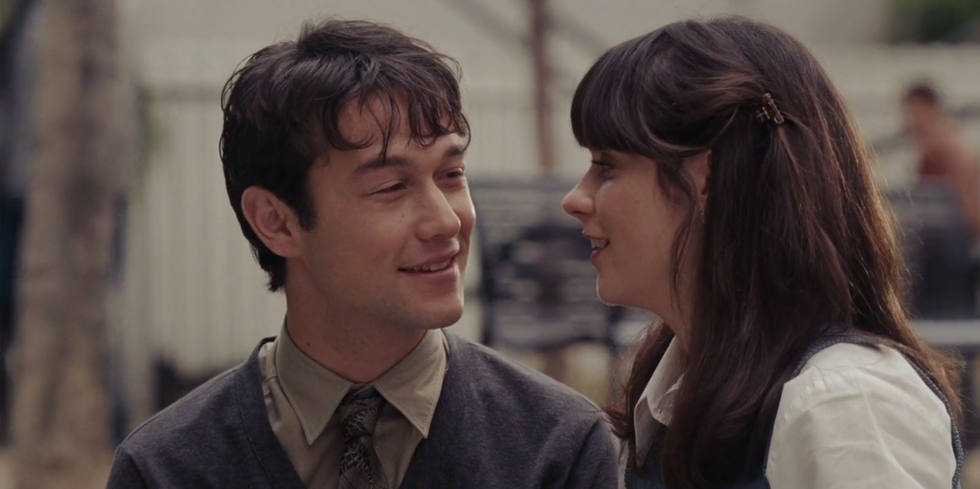The Artistic Philosophy of Andrei Tarkovsky's Poetic Filmmaking
They're often described as poetic works of "pure cinema." Free of symbolism and full of emotion and atmosphere, the films of Andrei Tarkovsky are enigmatic.
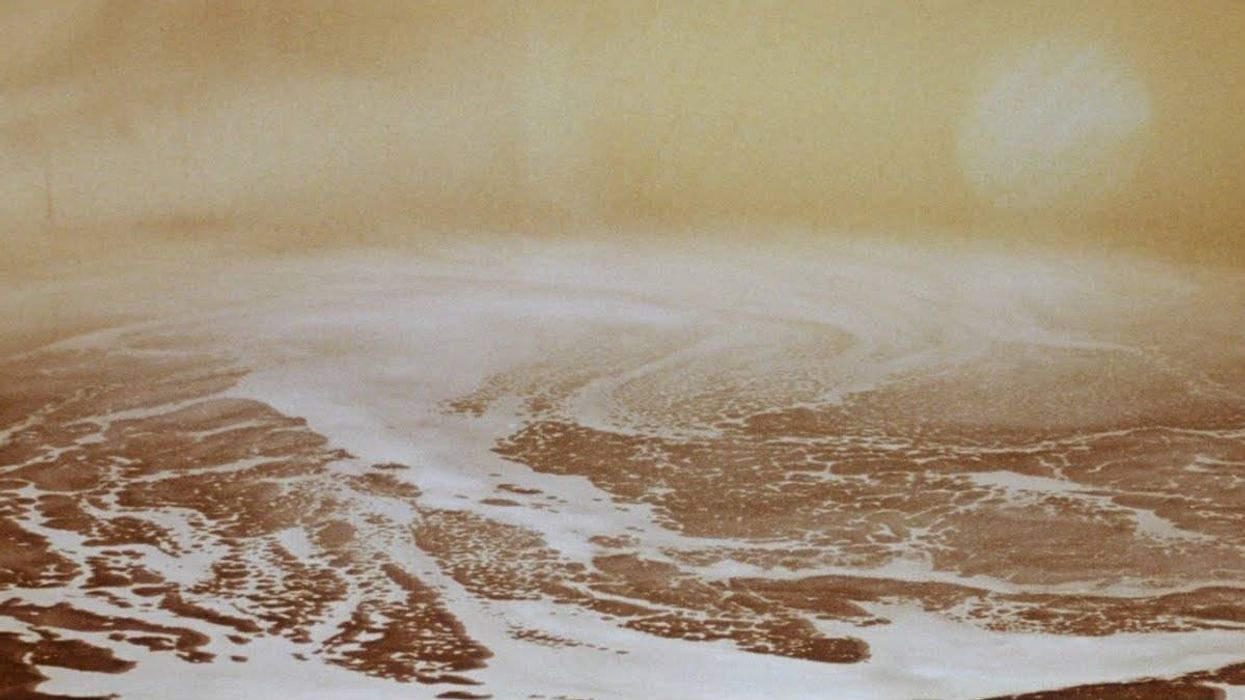
Enigmatic though they may be, Lewis Bond dives into the work of the great Russian auteur to help us understand, or rather, appreciate not only his films, but the philosophy upon which those films stand.
Tarkovsky's films are, to say the least, hard to classify, because to him, cinema was an art form that existed to help us answer the many important philosophical questions about life and existence. In fact, it seems futile to study his work without first studying the philosophy with which his creativity was intertwined.
Like director Andrei Konchalovsky says in Bond's video essay, Tarkovsky's work is so rooted in his own personal philosophy that while it's possible to imitate, it's completely impossible to follow. This is evidenced in how some of today's greatest filmmakers utilize his cinematic techniques, even going as far as to replicate shots from his films, but fail to capture the poetry that made Tarkovsky's films what they were.
The techniques are there — the long takes, the slow dollies, the fire and water and rain — but the essence of what makes Tarkovsky's work so unique and important is absent, because these techniques aren't a part of that essence. But what is that essence? If there isn't a specific cinematic style with which to measure it, how can it be determined? Perhaps the answer lies in Tarkovsky's artistic principals — that art exists because the world is broken, maintaining that there was never any intended symbolism in his work, only metaphors, because describing an "infinite world" in finite terms is an impossibility. Distilled, I believe his artistic philosophy is this:
"A book read by a thousand different people is a thousand different books." — Andrei Tarkovsky (Sculpting in Time, p. 177)

Critics and scholars have extensively studied Tarkovsky's films, but I've found that learning about his work doesn't necessarily lead to understanding it, but rather appreciating it for what it is — whatever it is — to you.
Source: Channel Criswell

